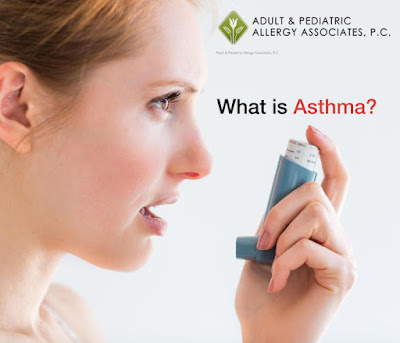Important Tips to Deal with Asthma Allergy

Asthma allergy is the most prominent form of allergy today. Also, it can be inherited which means one can get it at a young age. The diagnosis process of asthma allergy is quite simple but for this, you have to visit a reputed allergy and asthma center . They have a team of asthma specialists who with the help of testing immediately determine if you do have asthma or just some of other kind of allergy. Symptoms of Asthma Allergy Fever Headache Chronic coughing Difficulty in breathing Scratchy or sore throat Rapid breathing or wheezing Itchy, watery eyes Continuous sneezing Chest pain or tightness Runny nose Restlessness Some of the above symptoms are also found in conditions like sinusitis, influenza and pulmonary disease, so make sure you see an Asthma Allergy Doctor for a more precise diagnosis. Because what you thought as an asthma allergy may turn out to be something else. An asthma allergy reaction can vary from mild to moderate and can be identified with



